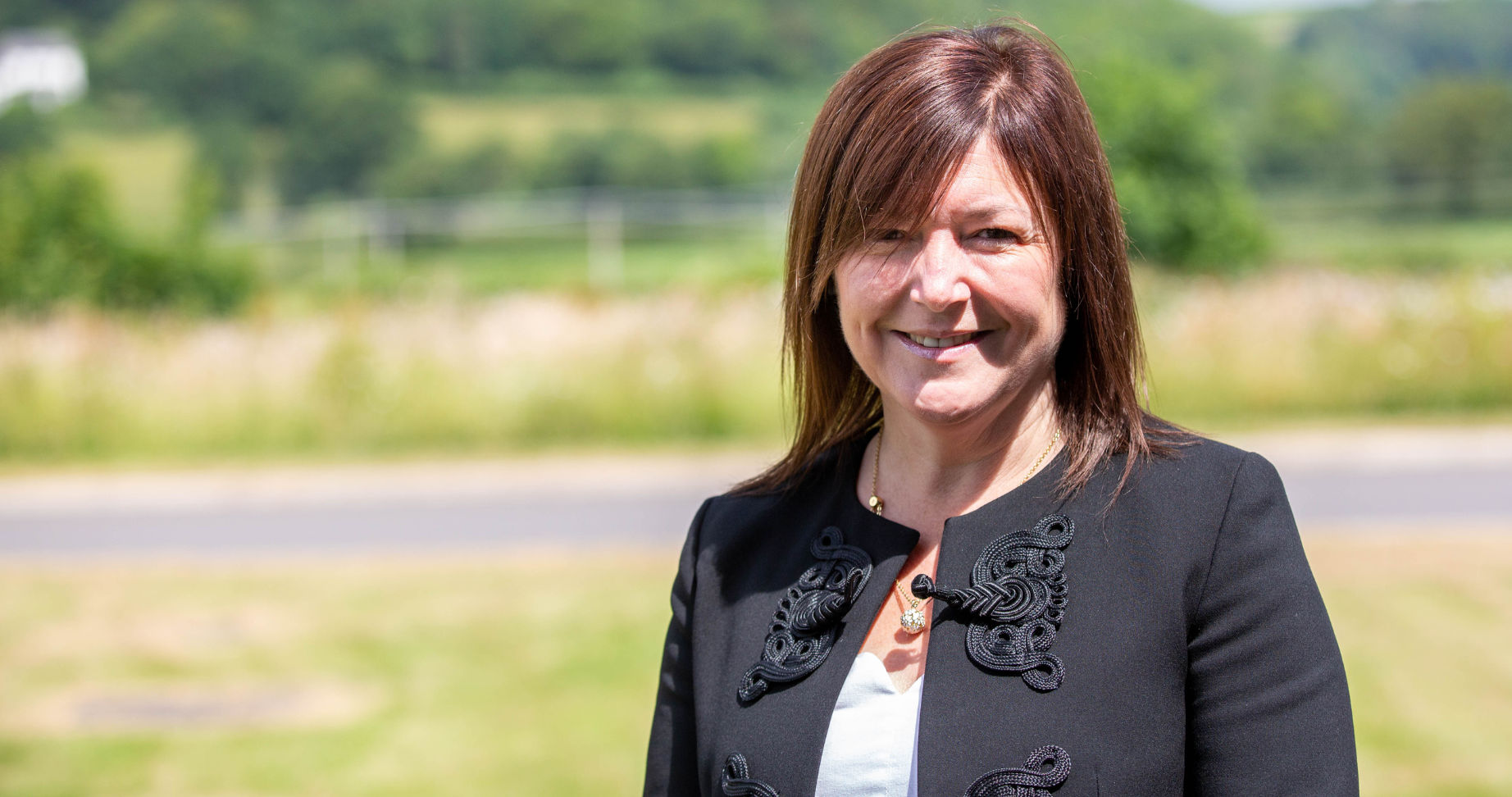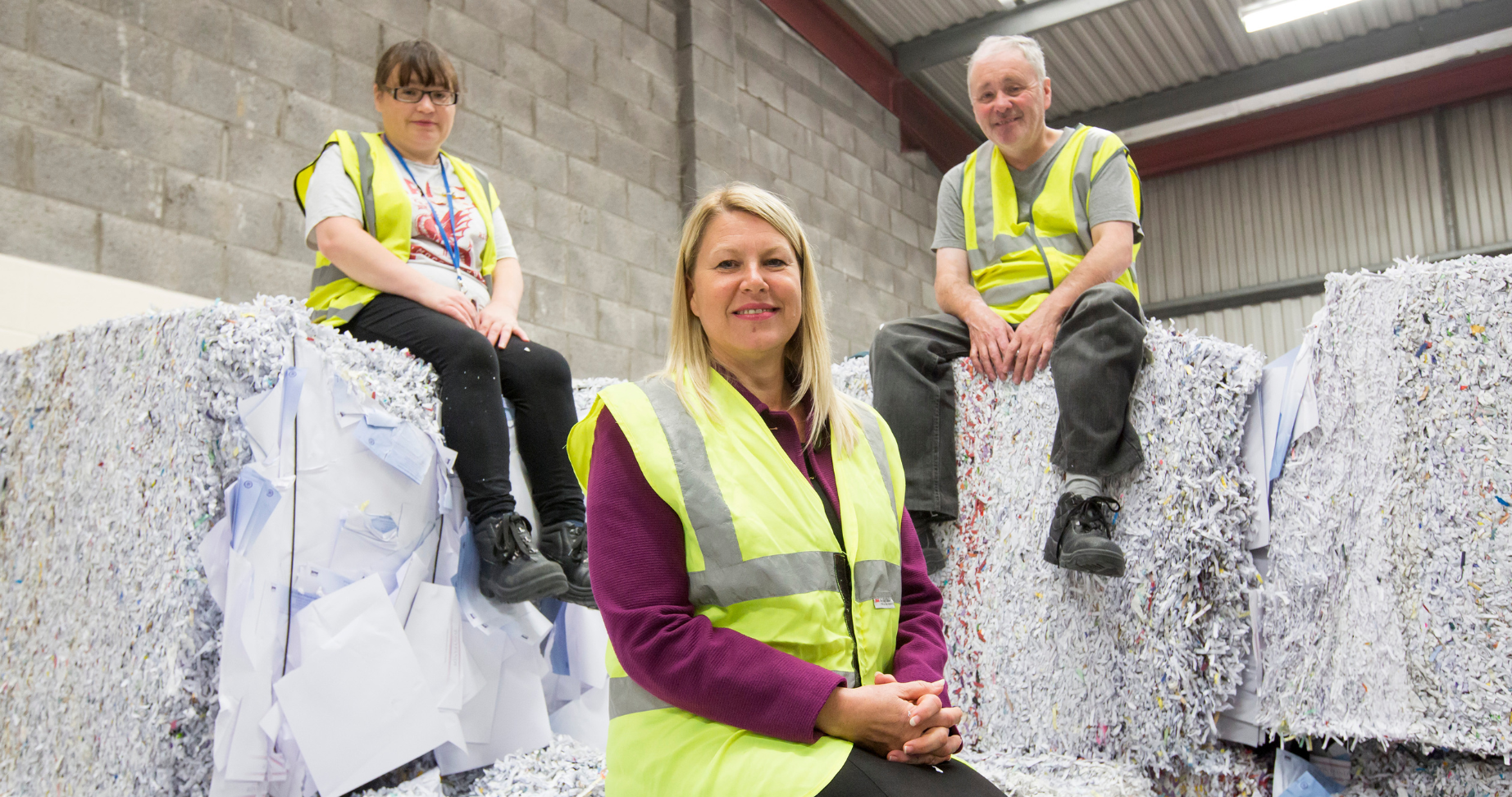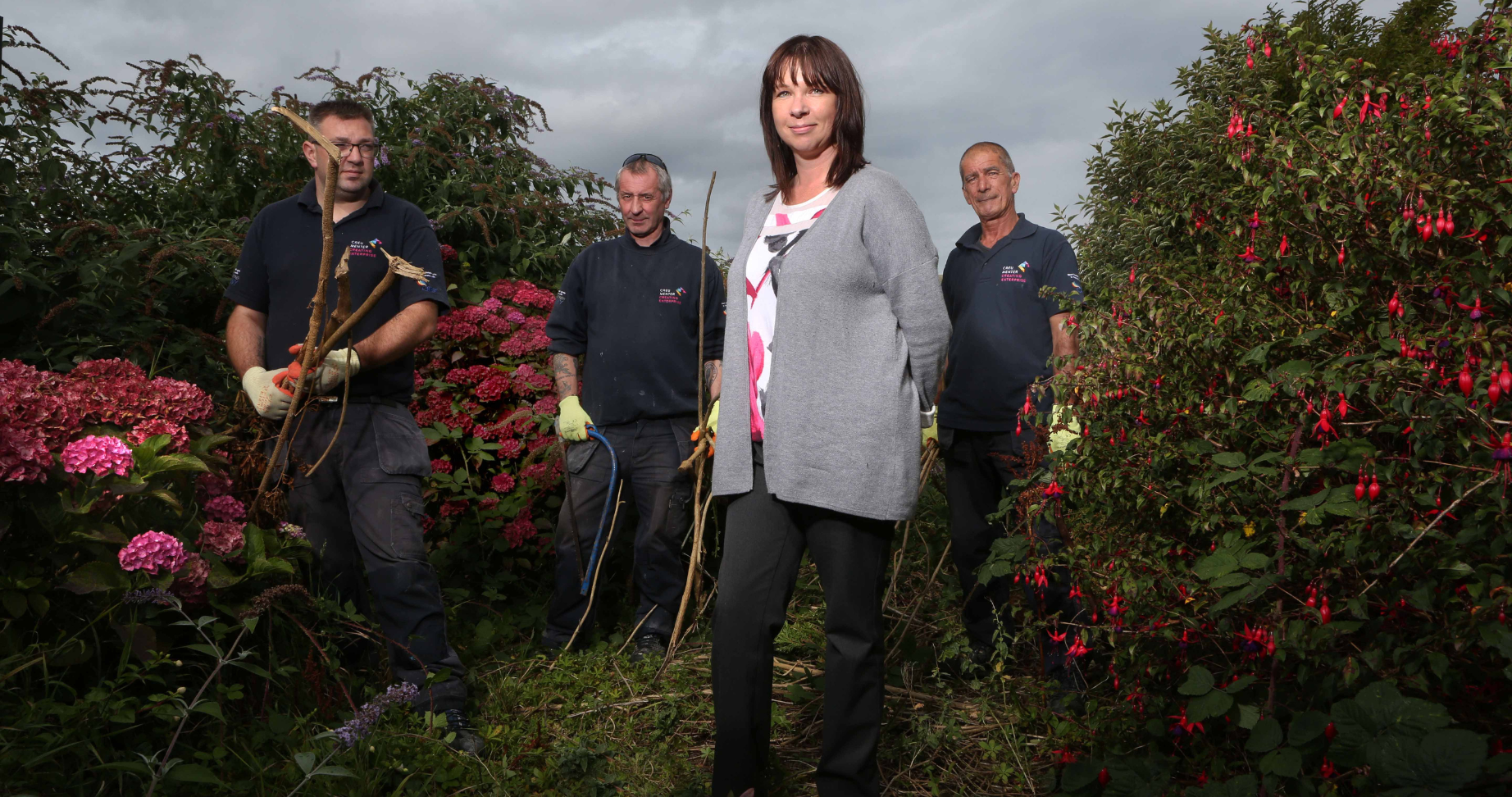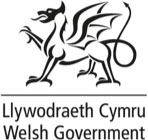
How alternative business models can help the green economy to thrive in Wales
A blog from Dr. Sarah Evans, Director of Business Growth and Consultancy at Cwmpas
I recently gave evidence to the Economy, Trade and Rural Affairs Committee’s Green Economy Inquiry – it was encouraging to see this issue discussed at the Senedd and I was pleased to demonstrate the important role of alternative business models.
All sectors can play their part in the green economy. But what role can business models such as co-operative businesses and social enterprises play in helping Wales to lead the way?
And how can they support Welsh Government’s Just Transition agenda, to ensure our path to a greener economy minimises any detrimental impact on our communities?

Supporting the sector to play its part
Putting people and planet first is at the heart of Cwmpas’ mission – and we continue to support social enterprises who are making sustainable choices and embedding them in their business models.
Sometimes, this link is obvious – such as community energy production – but many other social enterprises are putting sustainability at their core.
Elite Paper Solutions in Merthyr Tydfil is a great example of this. They provide confidential destruction, archive storage and document scanning to Welsh businesses, while providing employment opportunities for people with additional needs. They are proudly environmentally conscious, such as recycling over 476 tonnes of shredded paper and sending zero percent of their waste to landfill – earning them the Green Dragon Environmental Standard, awarded to organisations taking action to understand, monitor and control their impact on the environment.
With the social enterprise sector continuing to grow, it makes sense to support this model to maximise the economic, social and environmental impact through the triple-bottom line business model – prioritising people, planet and profit.
The Welsh Government has strongly supported the development of the social enterprise sector by continuing to fund Social Business Wales – delivered by the Social Enterprise Stakeholder Group consortium led by Cwmpas – following the end of EU-funding.
Barriers to growth
The Social Business Wales sector mapping exercise, published in 2023, highlighted barriers to growth.
Nearly a third of businesses cited energy costs, while nearly half mentioned the economic climate and high inflation. Cash flow was also a barrier for a quarter of businesses, more than doubling since 2020.
However, for more than half, the greatest barrier was time pressures/lack of staff capacity.
There was also a stark rise in those who cited obtaining grant funding, from 31% in 2020 to 51% in 2022. This follows a pattern since the pandemic, as many resilience or recovery grants for businesses in 2020 were no longer available in 2022.
The data suggests a key driver of this concern was lack of time to apply for finance, reflecting the broader issues around organisational and staff capacity.
Many also felt they lacked the expertise to apply for finance, suggesting a skills gap in the sector.
With extra resource, we believe the sector can overcome some of those challenges – such as help accessing funding.
Challenges to achieving net zero
Despite social businesses embracing environmental sustainability, achieving net-zero remains challenging.
While mitigating the climate crisis is important to them, a limited number have fully committed to becoming carbon neutral or net zero.
The reasons vary. For some, this is due to lack of time or staff resource, for others it is the cost of implementing measures to become carbon neutral.
They may also be limited in what actions they can take – for example, if they rent a space and don’t have a say in making energy-saving adjustments.
The evidence suggests that the sector is eager to contribute to the green economy – both businesses operating in sectors with the potential to grow during the green transition, and across all sectors through embedding sustainable practices.

How can Welsh Government further support the sector?
Welsh Government has a role in supporting and nurturing local, Wales-based supply chains – and specialist support for social enterprises is central to this.
We would also like to see Welsh Government proactively nurturing the market for social enterprises to start and grow.
This can be done in a variety of ways. One example is Creating Enterprise, a social enterprise started by housing association Cartrefi Conwy, which has a social mission to create well-paid, full-time employment opportunities for the local community, especially those currently outside of the labour market. As well as having a social mission, they build environmentally friendly homes using sustainable materials, sourcing 80% of their timber from Wales. They started trading in 2015 and are now the social contractor of choice for North Wales.
There is an opportunity for the Welsh Government to facilitate other HAs and public bodies to learn from them and be similarly entrepreneurial.
An important policy area is around procurement reform. While the Social Partnership and Public Procurement Bill is a step in the right direction, we would like to see wellbeing and local economic development at the heart of procurement strategy.
In his Welsh Labour Party leadership manifesto, Vaughan Gething pledged to “direct more public procurement spending towards co-operatives and social enterprises” and we look forward to seeing this ambition realised, now that he is First Minister.
A core part of our strategy for Social Business Wales is creating opportunities for peer-mentoring and networking between social entrepreneurs – we would welcome discussions on how this can be funded and facilitated further.
Support for community groups to form social enterprises and maximise productivity through digital transformation is also key to realising the sector’s economic, social and environmental potential.
Looking to the future
The social enterprise sector is going from strength to strength in Wales – there are now approximately 2,828 businesses in the sector, an increase of 22% from 2020.
We believe putting this model, and support for the sector, at the heart of Wales’ economic strategy is vital in making Wales the best country in the world to start and grow a social enterprise – while maximising the potential of the green economy for Welsh communities.









